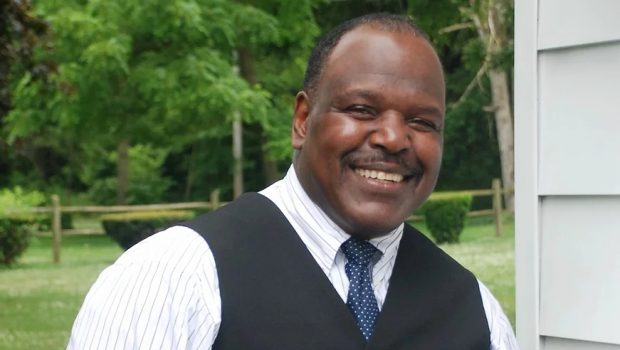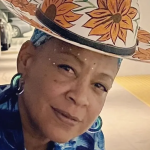Live Session with Clayton Moore About His New Book ‘Good Cop, Bad Cop: Guilty Until Proven Innocent’
During the Week of Solidarity With the Peoples Struggling Against Racism and Discrimination (MAR 21 – 27) we spoke with retired police sergeant Clayton Moore about his new book “Good Cop, Black Cop: Guilty Until Proven Innocent.”
“Police forces are becoming more diverse, but in many areas, law enforcement is still predominantly white even when the community it serves is not,” says retired African American police officer Clayton Moore. “This creates an obvious line between groups, and it doesn’t give communities of color a sense that they’re seen as equal and integral to the community as a whole.”
As the United States continues to grapple with issues of racial equity in the wake of last summer’s Black Lives Matter protests and the ongoing Defund the Police movement, Moore offers the following insights for law enforcement groups’ consideration:
- It’s unreasonable to think we can diversify the police overnight. That’s a long-term project.
- While we’re working toward that, we can do better at educating officers about the customs and cultures of the people they’re tasked with serving.
- It’s not just white officers who need this. All of us have unconscious biases. Even officers of color become enculturated with the idea that people of color are more likely to commit crimes because they’re dealing with a higher percentage of people of color being arrested — but this is only part of the story.
- Cybercrimes, abuse, and other “white collar” crimes are happening all around us but can go undetected for years. Money buys space — i.e., privacy. Physical crimes such as robbery, murder, and drug sales that happen in high-population areas are far easier to detect, obtain evidence on, and solve quickly.
- It is a fact that there are more men and women of color in the criminal justice system. What has not been established — because it would require full knowledge of all crimes being committed and a full profile of the perpetrators — is that people of color, blacks in particular, are actually committing more crimes. Due to the hidden nature of “white collar” crimes, however, this notion persists.
- We need to make a concerted effort to look at all the factors and see how the mismatch between the racial makeup of police departments and the people they serve factors into bias and police brutality.
- We need greater diversity in our police forces and better cultural awareness training.






























